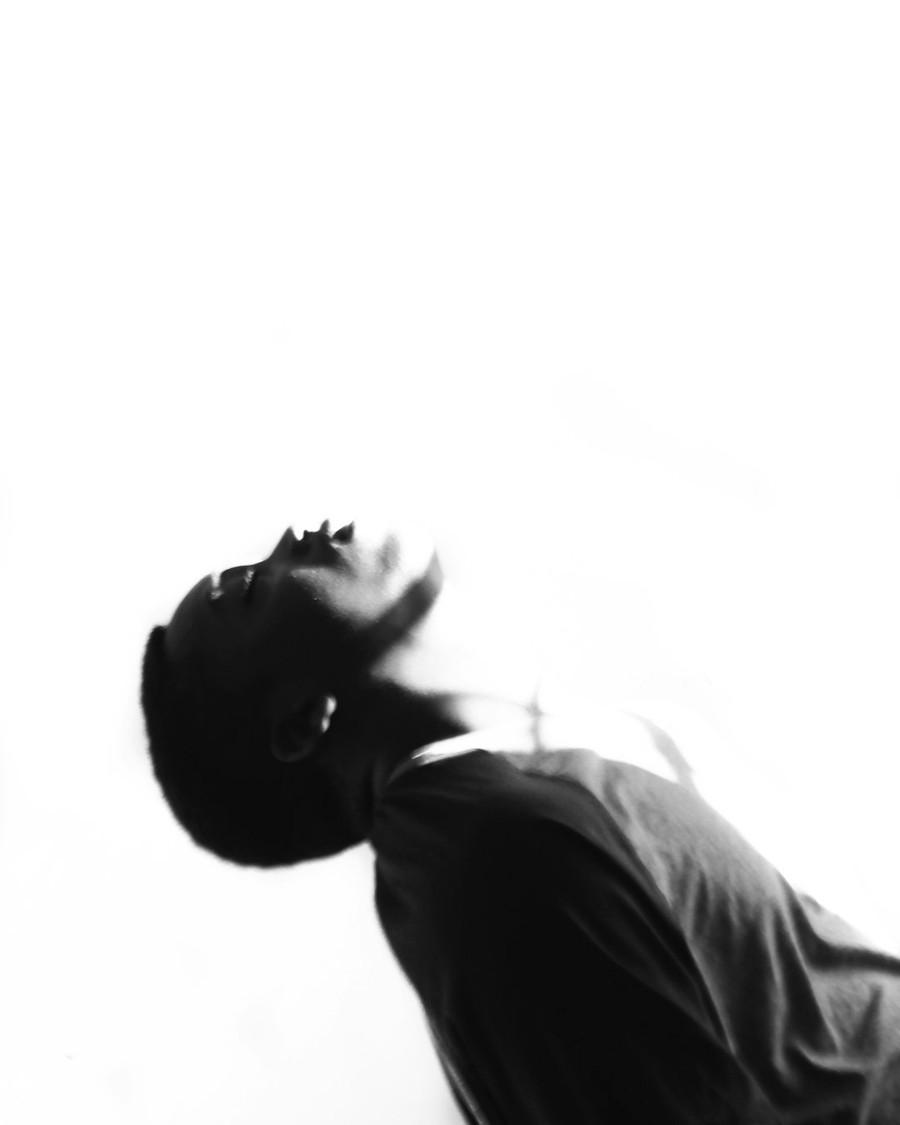Emotion and repetition
To make sense of the world, our brain makes neural pathways from its past experience. These pathways allow us to become efficient and not doubt every move we make.
However, when we need to update our expectations to a new reality, our brain has to create new pathways. One tool is to use emotion, but it's limiting. The other is repetition. If you repeat a new behavior for 45 days, you will build a new expectation.
To rewire yourself to focus on the good you want instead of disappointed expectations, use both emotion and repetition.
304
1.39K reads
CURATED FROM
IDEAS CURATED BY
The idea is part of this collection:
Learn more about personaldevelopment with this collection
The benefits of a bedtime routine
How to improve your sleep quality
How to create a relaxing sleep environment
Related collections
Similar ideas to Emotion and repetition
Integrate The Notice-Shift-Rewire Practice Into Your Life
- Notice your negativity bias. Catch yourself when you slip into self-doubt, rumination, anxiety, and fear. Notice when your mind starts spinning out worst-case scenarios.
- Shift to a moment of gratitude. Noticing opens the space for carving new neural ...
Neuroplasticity
By focusing attention on and repeatedly practicing new, desirable behaviors, we can redirect our brains' chemical, hormonal, and physical resources to create new pathways. The old ones, meanwhile, wither from lack of use.
Learning subjects which require heavy attention like a language or m...
Retrain Your Brain
Scientists have discovered that our thoughts can actually change the structure of our brains.
This phenomenon is called neuroplasticity.
As we go through life experiencing and ...
Read & Learn
20x Faster
without
deepstash
with
deepstash
with
deepstash
Personalized microlearning
—
100+ Learning Journeys
—
Access to 200,000+ ideas
—
Access to the mobile app
—
Unlimited idea saving
—
—
Unlimited history
—
—
Unlimited listening to ideas
—
—
Downloading & offline access
—
—
Supercharge your mind with one idea per day
Enter your email and spend 1 minute every day to learn something new.
I agree to receive email updates
